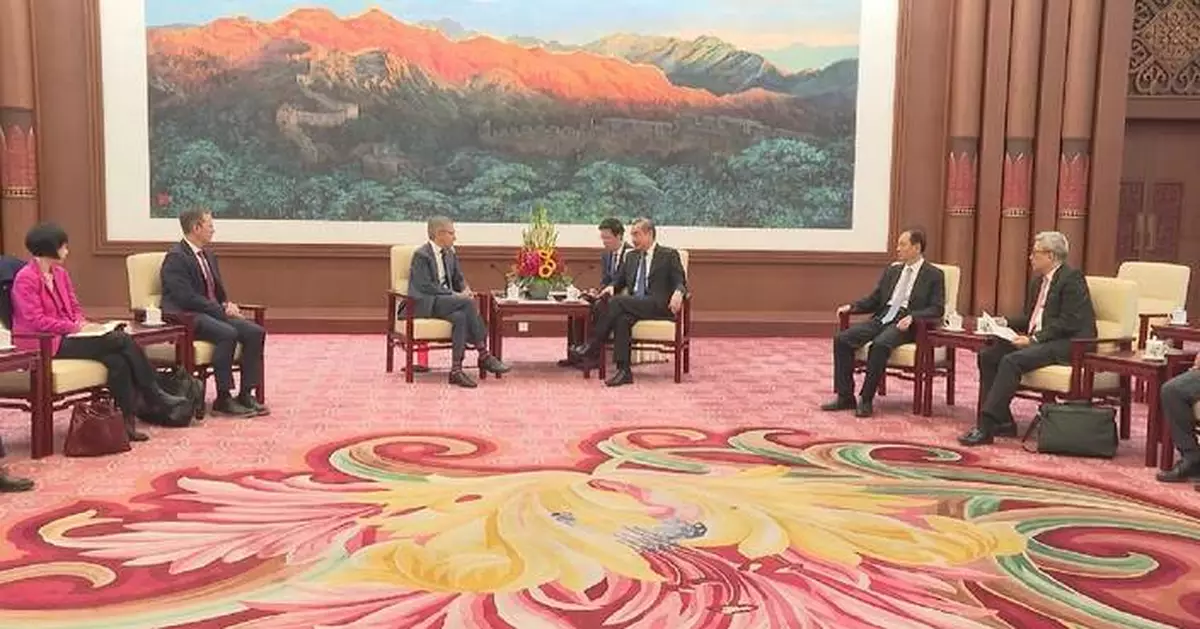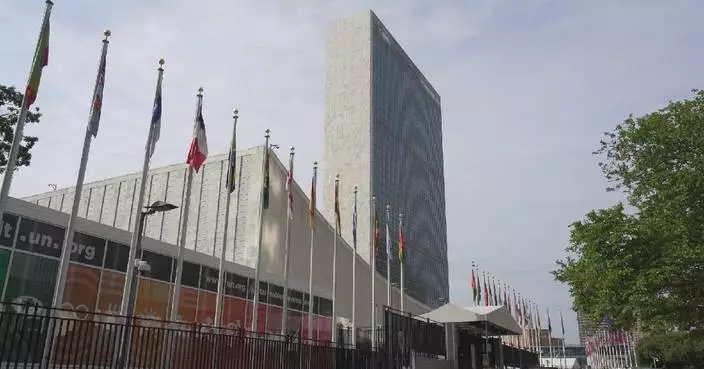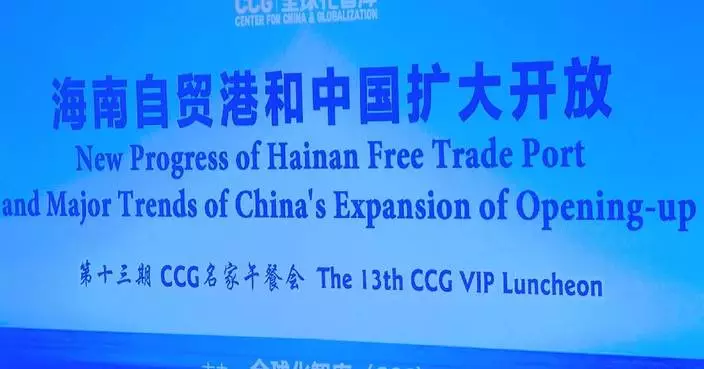Chinese Foreign Minister Wang Yi met with Ian Bremmer, president of the Eurasia Group, in Beijing on Friday.
Wang, also a member of the Political Bureau of the Communist Party of China Central Committee, said that as the world's two largest economies and permanent members of the United Nations Security Council, China and the United States should shoulder the responsibilities of and play the role of major countries.
China and the United States working together to meet global challenges and achieve win-win results serves the interests of the two peoples and meets the common expectations of the rest of the world, Wang noted.
China will respond to all uncertainties in today's world with its own certainty, continue to hold the international moral high ground, and make efforts for the overall progress and development of mankind.
Wang expressed the hope that the U.S. side will earnestly implement the consensus reached by the two heads of state, establish an objective and rational understanding of China, change the mindset of zero-sum game, and work together with China to continue to explore the right way for the two major countries to get along with each other on this planet.
"I hope the U.S. can meet China halfway, embrace a more objective and rational perception of China, change the zero-sum game mindset, and work with China to continue actively exploring the correct way for the two major powers to coexist on this planet," said Wang.
The Eurasia Group welcomes the relationship between the two countries showing signs of stabilization through bilateral efforts, Bremmer said, adding that the company is willing to continue offering suggestions and proposals for the long-term peaceful coexistence between the United States and China, and hopes that the two major countries will work together to maintain a stable international order.
"I believe personally, that the work you have put in, and the work that my friend Jake Sullivan has put in to the relationship between the U.S. and China, the most important bilateral relationship in the world, has been really appreciated. It's really meaningful. And we are in materially a better place now," said Bremmer.
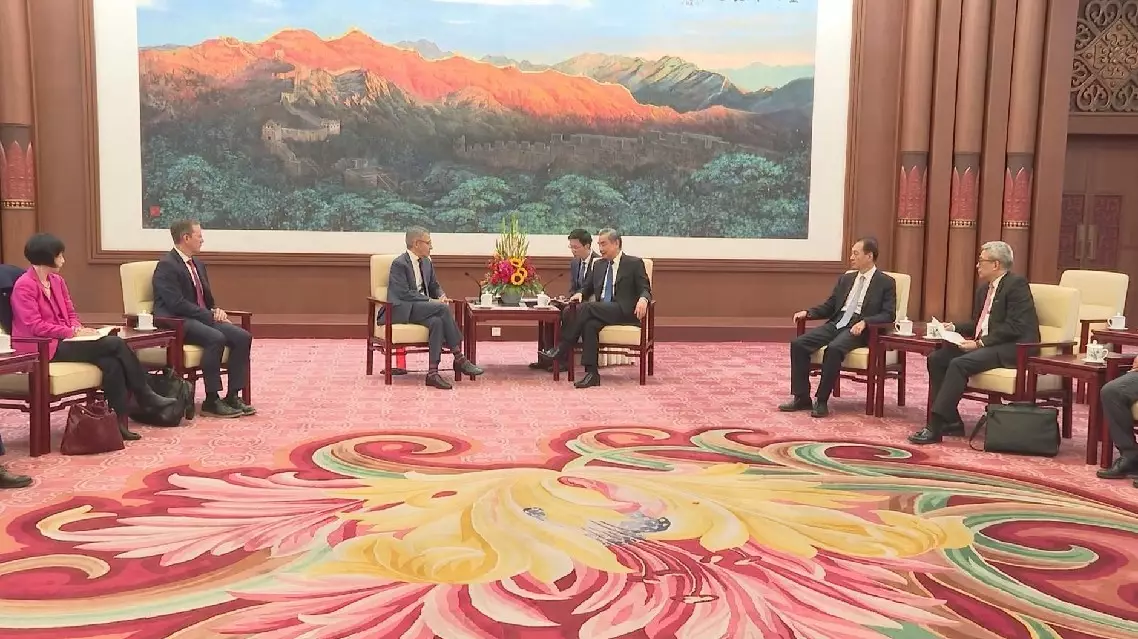
Chinese FM meets president of Eurasia Group
The China-CELAC (Community of Latin American and Caribbean States) Forum is expected to bring new vitality to the global development and human civilization, said Colombian President Gustavo Petro in Beijing.
Petro, who delivered a keynote speech at the opening ceremony of the fourth ministerial meeting of the China-CELAC Forum on Wednesday, told China Media Group (CMG) in an interview, while giving a special mention of the importance of the forum as a platform to reshape multilateralism.
"This Forum, held here in China, comes at a pivotal moment in history. And that's precisely what makes it so significant. It is taking place at a time when multilateralism is in urgent need of reshaping. There are some powers who believe they can rule the world through intimidation and shows of force. But with China and Latin American and Caribbean (LAC) countries standing together, we must make them understand: history is full of hard lessons. Those who once flexed their military might did not prevail. They may have enjoyed momentary success in the past, but this time, history will not repeat itself," he said.
This year marks the 10th anniversary of the China-CELAC Forum's operation.
Chinese President Xi Jinping stated in his speech delivered at the opening ceremony of the fourth ministerial meeting of the China-CELAC Forum that under the careful cultivation of both sides over the past 10 years, the China-CELAC Forum has grown from a tender sapling into a towering tree.
Petro hailed the relations between China and LAC countries over the past decade, saying that the cooperation is expected to energize the global development and human civilization.
"Yes, exactly, a tree. A strong and thriving tree, with deep and well-developed roots firmly anchored in the earth. There's no doubt that over the past ten years, trade in physical goods between China and LAC countries has grown substantially. China is involved in building the Bogota metro project. China is also constructing a port in Peru, and many other large-scale infrastructure projects are being advanced through Chinese investment and engineering expertise. When we link the cultural and civilizational threads of China and LAC countries, it's as if we are nurturing a living tree, one that grows tall toward the sky and promises to bring new vitality to the human civilization," he said.
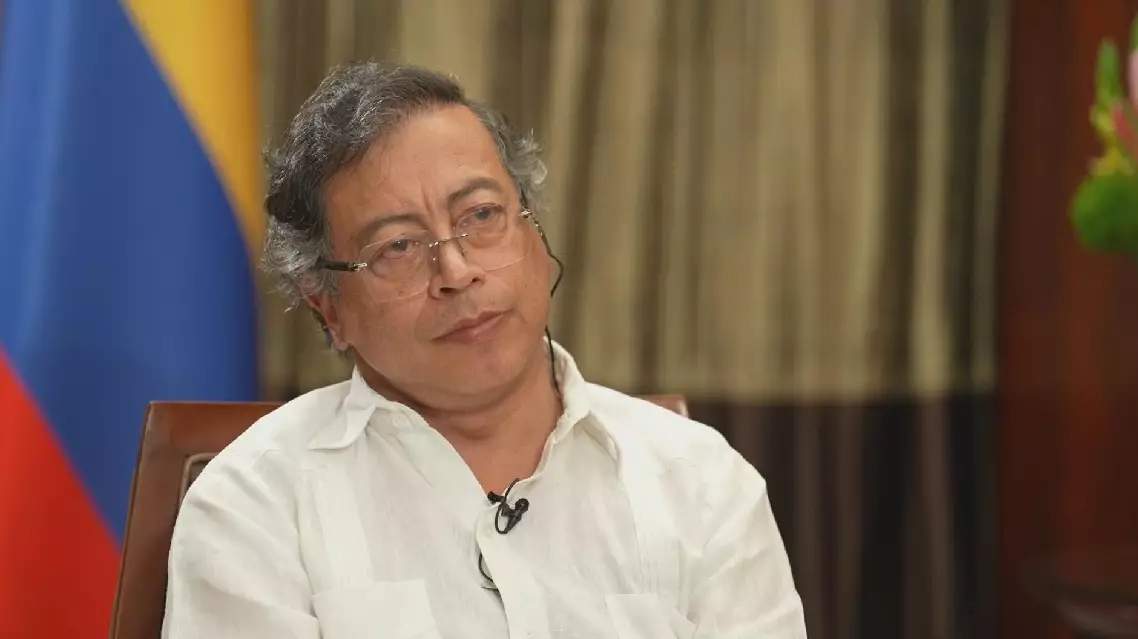
China-CELAC Forum brings new vitality to global development: Colombian president



